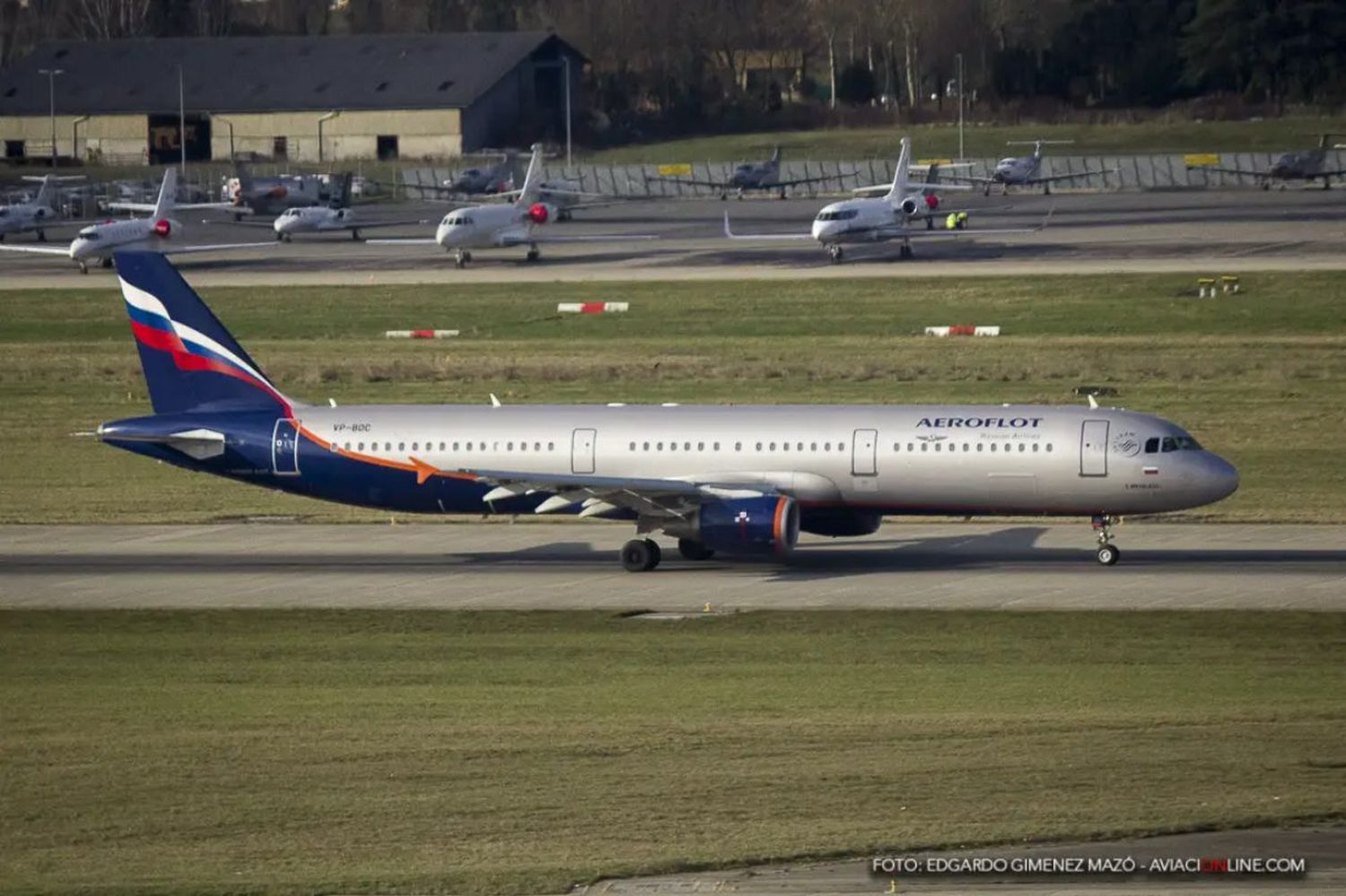Half of the Airbus A320/A321neo aircraft operated in Russia are out of service due to technical issues. Out of a total of 66 aircraft of this family, 34 have been grounded, and up to 20 of them may never return to operation, according to sources cited in a report by the Russian newspaper Kommersant.
The engines on these aircraft, the Pratt & Whitney PW1100G and CFM LEAP, face maintenance challenges in the country due to their technological complexity and the inability to import spare parts, a direct result of Western sanctions and global market shortages. According to Kommersant, this situation could lead to a massive withdrawal of these aircraft starting in 2026, which would represent nearly 10% of the entire foreign fleet in Russia.
Impact on Airlines
The most affected airline is S7, with 31 of its 39 A320/A321neo out of service. Among these, eight A321neo have been parked since 2023, and 18 A320neo were gradually grounded this year. According to sources cited by Kommersant, the company plans to reserve these aircraft for use during the high season, although the engines of more than 20 planes are said to be «practically exhausted.»
Meanwhile, other airlines such as Aeroflot, Ural Airlines, North Wind, and Smartavia are facing similar problems, albeit on a smaller scale. Ural Airlines, for instance, has reduced the operational use of its A320/A321neo fleet to preserve engine life during the winter.
Operational Restrictions
The affected engines have been criticized for design flaws that require frequent maintenance. According to Kommersant’s analysis, LEAP engines show greater stability compared to the PW1100G, which require full overhauls at much shorter cycles than previous generations. However, both models face a complex situation in Russia, where local repairs are impossible, and importing the necessary components isn’t viable.
Furthermore, requests to export the engines to other countries for repair have been rejected by the Russian Ministry of Transport, according to the newspaper’s sources. The traceability of components and the limited availability of global maintenance facilities exacerbate the issue.
The impact of these groundings could result in a significant reduction in air traffic over the coming years. According to Kommersant, the withdrawal of the A320/A321neo at S7 could reduce its operational capacity by 10% to 15% in 2025. This decline could also affect passenger traffic across the Russian aviation industry if it is not offset by other aircraft.
Official Response
Following the publication of the report, Rosaviatsia, Russia’s aviation authority, confirmed in a statement that the issues with Pratt & Whitney A320/A321neo engines are further complicated in Russia due to «unprecedented external sanctions pressure,» although these aircraft represent only 5% of local airlines’ fleets.


Comentarios
Para comentar, debés estar registrado
Por favor, iniciá sesión